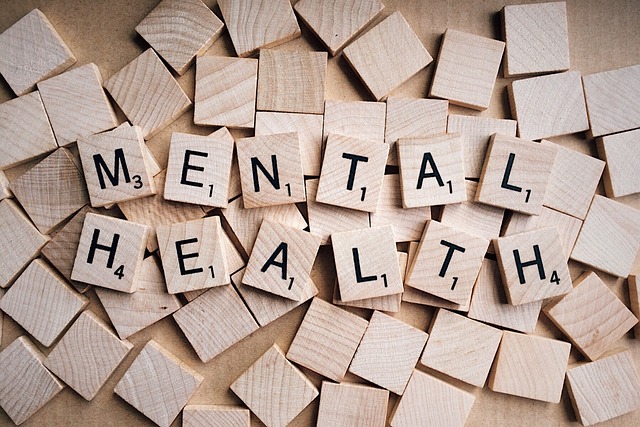
Have you ever wondered why the days, weeks, and even years seem to slip by faster as you grow older? Childhood summers felt endless, yet adulthood often feels like a race against the clock. This curious phenomenon has puzzled scientists and philosophers alike. Fortunately, there’s science to shed light on why time seems to speed up as we age.
Understanding Time Perception
Time perception is one of our mind’s most fascinating functions. It’s more than just glancing at a clock—it’s the way our brain processes events and the duration of experiences.
What Is Time Perception?
In psychological terms, time perception refers to how we experience and interpret the passage of time. It’s subjective, meaning two people can perceive the same interval differently. Our brain processes time using internal clocks and biological rhythms. According to Britannica, this perception hinges on awareness, memory, emotions, and focus.
How Does Time Perception Work?
The brain plays the central role in estimating time. Structures like the cerebellum and basal ganglia help maintain a sense of timing, while the prefrontal cortex gauges durations and sequences. Emotions and attention also influence time perception. For example, focused attention can make time feel slower, while distractions cause it to feel faster. Psychology Today highlights how emotions and mental states heavily impact how we perceive the flow of time.
 Photo by Jordan Benton
Photo by Jordan Benton
Why Time Feels Faster as We Age
The sensation of speeding time isn’t just in your head—age actually alters how we process and interpret time’s passage.
Neurological Changes with Age
As we age, our brain’s processing speed slows down. This includes how quickly we perceive sensory inputs. According to researchers quoted in Harvard’s Science in the News, older brains encode less detailed visual information, making time feel shorter. Essentially, fewer mental “snapshots” are taken, compressing the experience.
The Role of Memory
Memory is tightly linked to time perception. In childhood, everything is novel—your brain constantly forms new memories. Adults, however, operate on autopilot for routine tasks, creating fewer distinct memories. This is why years in hindsight feel condensed. The University of Michigan notes that memory richness plays a critical role in how time is measured.
Routine and Novelty
Living on a schedule can contribute to time flying by. New experiences lengthen perceived time because your brain must process more. Conversely, repetitive routines compress time. Seeking novelty can slow time perception, giving your days a richer texture.
Theories Explaining Time Compression
Several theories have emerged to explain why time perception shifts with age.
The Ratio Theory
The ratio theory suggests we perceive time relative to our age. At age ten, one year represents 10% of your life. By fifty, a year is only 2%. This proportion explains why time seems faster as you get older. Learn more about this theory on Quora.
The Novelty Effect
Experiencing something for the first time expands our sense of time. Think of traveling to a new country versus commuting to work—the former feels longer because your brain processes fresh inputs. Unfortunately, as we age, the frequency of novel experiences dwindles.
Psychological and Cultural Factors
Culture and psychology also play roles. In fast-paced societies, time often feels more compressed due to constant stimuli and demands. Individual mental states—like anxiety or monotony—further influence time perception. Studies such as those shared in HuffPost elaborate on these influences.
Practical Implications and Tips
Although we can’t literally slow time, we can reshape how we perceive it. Here’s how:
Embracing New Experiences
Break out of routines whenever possible. Travel, take up new hobbies, or simply change your daily schedule. Novelty breaks the monotony and stretches your perception of time.
Mindfulness and Presence
Practicing mindfulness helps you tune into the present moment. Simple acts like savoring your morning coffee or observing nature can help. Mindfulness sharpens your awareness, counteracting autopilot modes that make time blur. Psychological Science emphasizes mindfulness as a tool to reshape experience and focus.
Conclusion
Time’s swift passage with age is both a scientific phenomenon and a shared human experience. From neurological changes to memory and routine, many factors are at play. However, we have the power to control how we experience time. By embracing new experiences and practicing mindfulness, we can stretch our perception and enrich our lives. So, why not take the first step today? After all, the clock is ticking.


